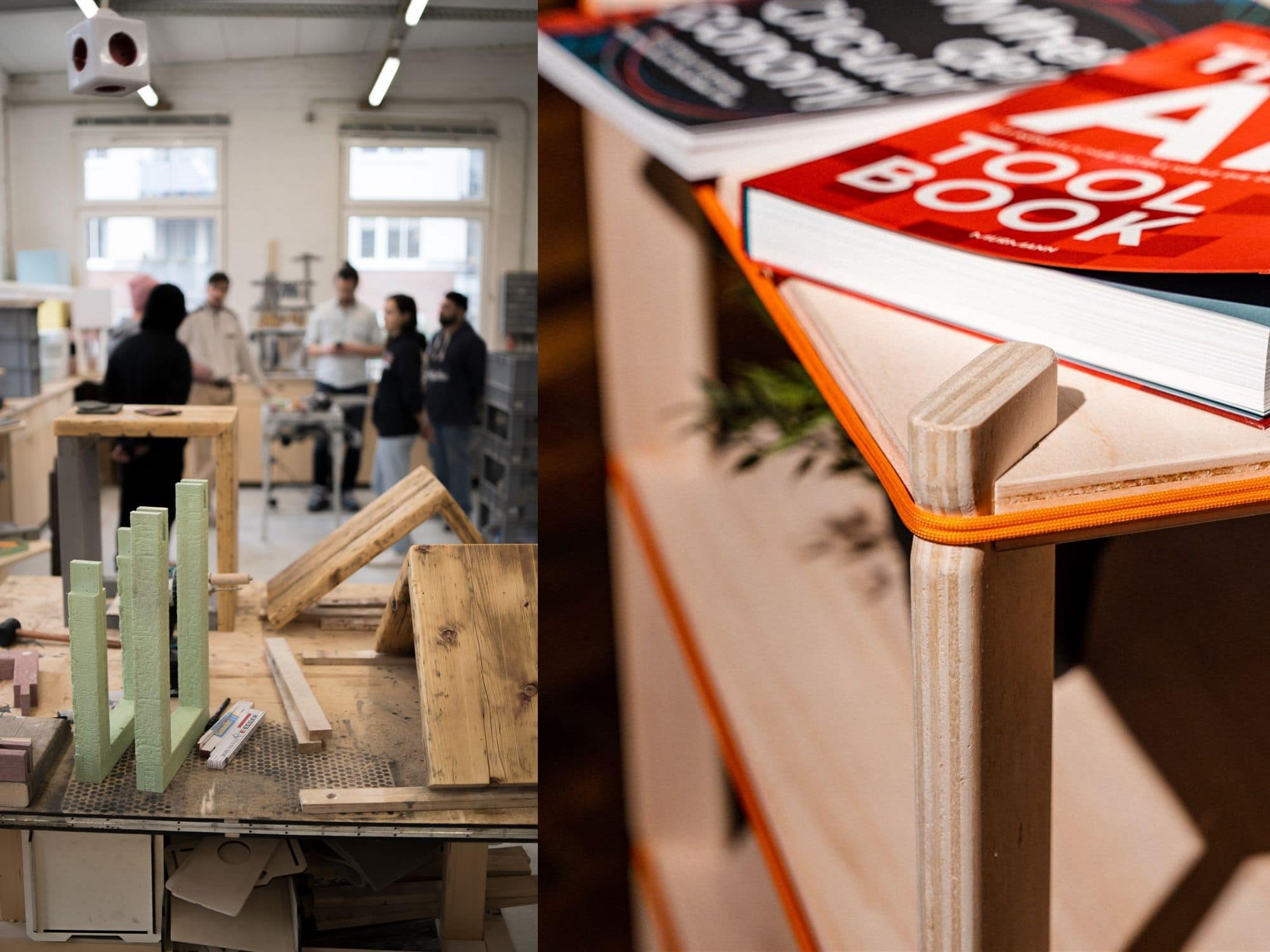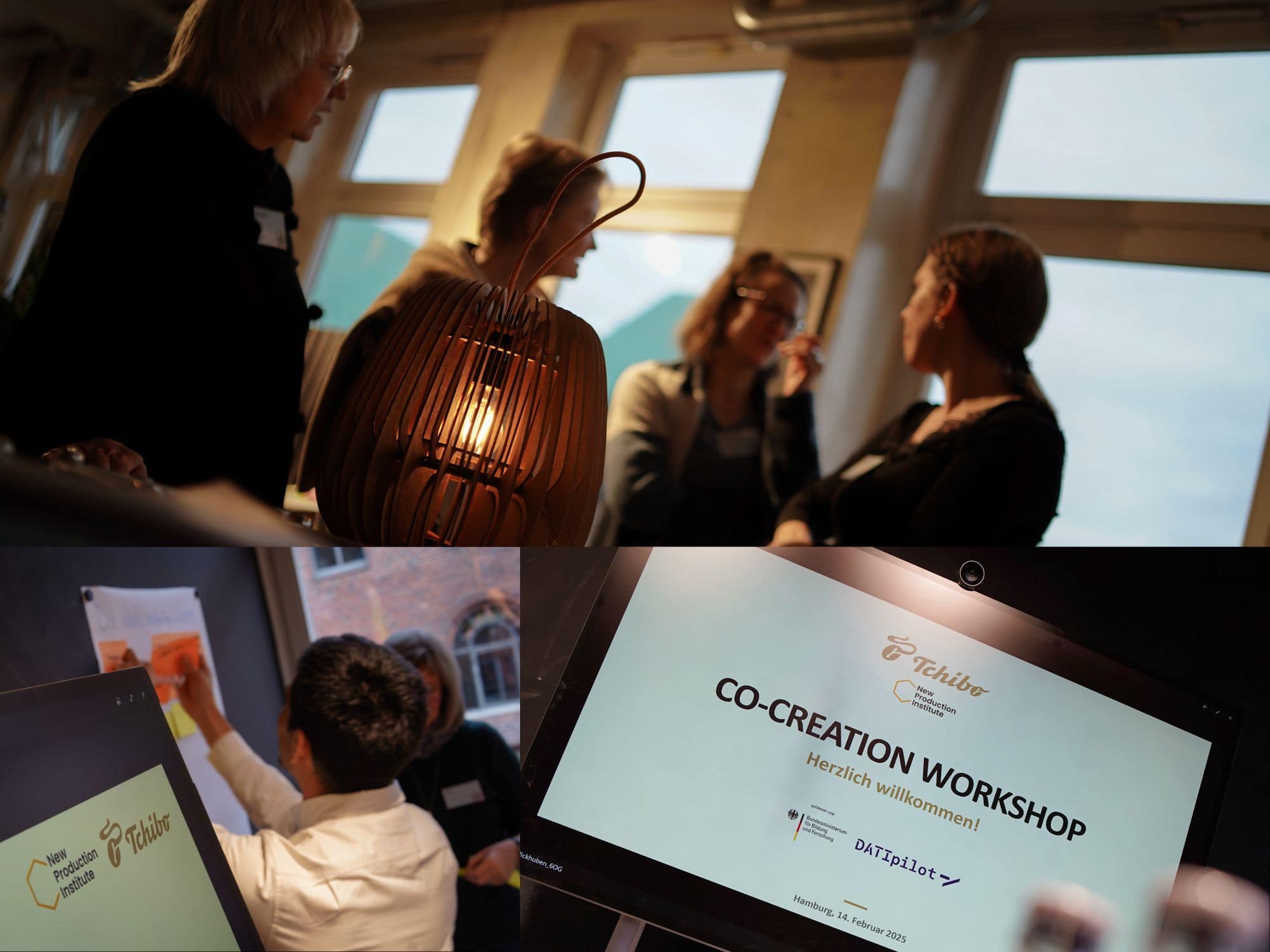
New values for the economy
To meet the challenges of the future, innovation and sustainability must go hand in hand. Technological developments and the demand for sustainable innovations are becoming one of the most important drivers of economic activity and growth for companies and organizations in all industries.
Due to growing climate awareness, both concepts are now closely linked. Companies that are active in the field of sustainability are considered to be catalysts for innovation rather than companies that are not active in this area.
In addition, the realization that resources should not be consumed faster than they can be replenished is becoming increasingly important in economic activity. Both production methods and waste generation must not exceed the capacity of the local ecosystem.
Characteristics of sustainable innovations
Sustainable innovation radically challenges traditional innovation. Driven by a forward-thinking mindset and logic, it focuses more strongly on cooperation within society.
It uproots traditional business models and tends toward processes that question the sustainability of every step in a process chain. It tends toward more rational resource flows and opens up unprecedented market segments, making it more difficult for companies to maintain outdated economic standards.
New consumer behavior
Growing awareness of sustainability is also changing consumer purchasing behavior. In many places, the trend is shifting away from cheap mass-produced goods toward quality products from local and regional suppliers.
Consumers want to be able to identify with the values of the respective company, both on an ecological and social level. Promoting a healthy awareness of sustainability is therefore a key factor in making good consumer decisions.


Co-creation instead of competition
Cooperation is an important factor in sustainable innovation. In order to establish environmentally conscious and socially responsible concepts in a company, businesses must think and act not only holistically but also interdisciplinarily, as is the case in our current LOCI LAMP project, for example.
In order to prepare for times of crisis, lively and cross-sector knowledge exchange is an important approach to solving future challenges. This will enable us to fully unlock the value of sustainable innovation.
Collaborative value creation
The New Production Institute (NPI) approach is based on the theory of collaborative value creation and combines technical, social, legal, and educational perspectives to enable open, sustainable, and inclusive innovation processes. In collaboration with Open source hardware and the circular economy raise questions that can only be answered in collaboration with other scientific disciplines (social sciences, education, and law).. The aim of the NPI is therefore to develop urban economic models that promote broad social participation and support resource-efficient production.
Common objectives
The concept of Open Labs (short for Open Laboratories) plays a central role in this. As open, easily accessible innovation hubs, they combine knowledge transfer, digital manufacturing technologies, and participatory development processes. Open Labs function as physical or mobile spaces where citizens, students, companies, and researchers can work together on ideas, prototypes, and sustainable products. They create environments where co-creation takes place and knowledge is shared transparently. In this sense, Open Labs expand on the Fab Lab concept with a more pronounced focus on urban collaboration and regional circularity.
The OpenLab concept is exemplified by OpenLab Hamburg, which is equipped with modern manufacturing technologies such as 3D printing and CNC machining and provides low-threshold educational opportunities. Complementary formats such as the OpenLab Microfactory illustrate how modular, open production resources can be used in urban areas to enable local small-batch production, resource transparency, and circular production processes. At the same time, OpenLab Mobile shows how OpenLabs can be used on the move to bring democratized access to manufacturing technologies to neighborhoods, schools, or rural areas.
The integration of OpenLabs into research and practice creates a distributed, participatory value creation system that supports the development of modular, robust, and resource-efficient means of production. The IT platform required for co-creation is being further developed through crowd-based requirements engineering in order to systematically incorporate the “wisdom of the crowd” into the design of open production processes and increase user acceptance.
OpenLabs thus make a significant contribution to the goal of sustainable innovation: they enable the collaborative development of ideas, concepts, and products that achieve economic profitability through environmentally conscious design and resource-saving practices. At the same time, they strengthen social participation by involving broad sections of the population in design processes and making urban innovation culture tangible.



